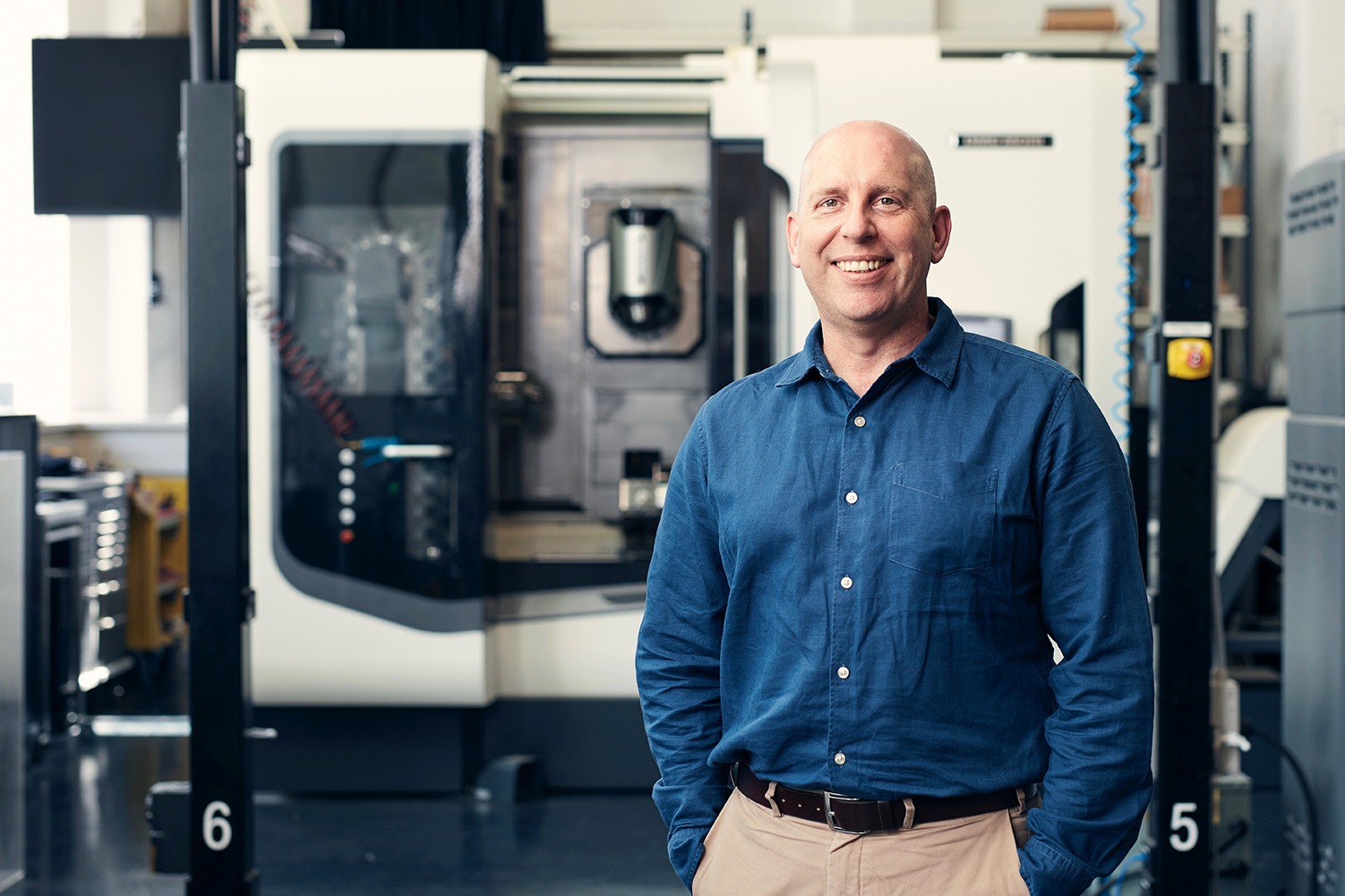Last week on a beautiful sunny Melbourne winter morning our Technical & Operations team hosted the latest in our series of boardroom briefings. Over breakfast, David Chuter, CEO of Innovative Manufacturing CRC (IMCRC), led the discussion around challenges for leaders in the sector, Industry 4.0 and its transformation imperative.
Attendees included a diverse range of senior manufacturing executives; Ruby Heard, recently awarded the Victorian Young Professional Engineer for 2019 by Engineers Australia, was an active contributor, especially from a younger person’s perspective.
With the demise of the Australian automotive manufacturing sector, we are constantly reminded that the manufacturing sector is in decline. It was refreshing to hear David refuting the state of manufacturing in Australia, providing examples of many of the exciting innovations that are being developed locally that are at the cutting-edge internationally. David is passionate about innovative manufacturing and the role that it will play over the next decade. He firmly believes transformation will be achieved through “collaboration by inspired leadership”.
Speaking about transforming Australia’s manufacturing industry, automation and AI (Augmented Intelligence, rather than Artificial intelligence, in David’s view) the concept of Industry 4.0 is not particularly new. Such technology, including robotics, has already been in use for many years, especially in automotive production. The group observed that what has changed, is that the barrier for entry has dropped significantly, meaning manufacturing technology is no longer limited to well resourced multi-national operations.
While Industry 4.0 is not limited to a specific sector, one of the challenges in Australia is our proliferation of small businesses: 90% of manufacturers employ less than 20 people and only 15% of manufacturers turn over more than $2M per annum. With so many SMEs invested in manufacturing, collaboration between companies can be difficult too. IMCRC estimates less than 40% of manufacturers have an appropriate business strategy to meet current and future requirements.
One of the positive initiatives David has taken with IMCRC is to bring industry, educators (universities) the CSIRO and other resources together to support SMEs in manufacturing and help foster collaboration. CSIRO’s recently released Australian National Outlook showed a massive and unprecedented opportunity for the future growth and prosperity of manufacturing. It predicts manufacturing’s contribution to GDP growth will be more than two and half times that of any other sector.
When looking for transformative projects that will create commercial outcomes for local manufacturers to take Australian products and service to the world, we also need to seek out opportunities to develop the project management, technical and leadership skills that cannot be simply solved through education. Governments have a role to play in supporting manufacturing with investment – for example, here in Victoria our trains are built with 60% local content and some trade-based TAFE courses are government funded. Industry also needs to lead by providing opportunities for technical specialists and professionals to further and diversify their experience, which will upskill its workforce.
Overall, we need to be braver and bolder, if we wish to become a world leader in advanced manufacturing. We need to change the perception that we are limited by market size or geographical distance, and focus on establishing smart tech hubs with a global focus, where the emphasis is less on production, and more on invention, design and value.
I’m looking forward to seeing what the next generation of manufacturing in Australia looks like.


Great read, and well stated